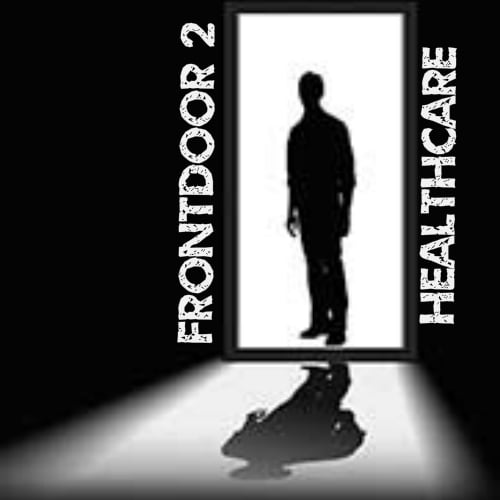Medical narcissism is a term coined by John Banja in his book, Medical Errors and Medical Narcissism. Banja defines “medical narcissism” as the need of health professionals to preserve their self-esteem leading to the compromise of error disclosure to patients. In the book he explores the psychological, ethical and legal effects of medical errors. He talks about our need as physicians to constantly assert our competence and how this can cause otherwise capable, and even exceptional, professionals to fall into narcissistic traps.
He claims that:
“…most health professionals (in fact, most professionals of any ilk) work on cultivating a self that exudes authority, control, knowledge, competence and respectability. It’s the narcissist in us all—we dread appearing stupid or incompetent.”
This relentless drive to be seen as competent, however, can present a major obstacle when it comes to addressing medical errors. The biggest barrier to critical reflection and disclosure of mistakes is that of rationalization. It’s the classic story of the fox and the grapes; the fox cannot reach the grapes, and walks away, claiming the grapes are likely sour and “I’m better off for not having eaten them.” John Banja put forward 7 ways in which we rationalize:
Euphemistic language
Explaining to a patient about an intra-abdominal catastrophe post large bowel resection as some “mischief in the abdomen”. Mischief, in my mind, is saran wrap over a toilet seat – not an anastomotic leak. Or, the patient was “super anticoagulated”. Super bringing to mind shining heroes, positive thoughts, but neglecting the fact that now they have had an intracranial haemorrhage. The “unappreciated lesion”, is really the mass that I missed, the language excuses the oversight as something which could not have been found, and you’re lucky that I found it at all. The more this language is used the more it is believed, and the more it is accepted…by both the practitioner and patient.
Advantageous comparison
We think of how the diagnosis/mistake will upset the patient and their family, surely its better to spare them that distress? We know by not telling, it makes things immeasurably worse, butbecause telling them is hard and in our minds maybe not telling will make things better it often trumps the moral right to disclose.
Distorting the consequences
When an error has led to a terrible outcome it is referred to as a “valuable lesson”, but to who? Not the patient who is now dead, not their family. Using positive language to describe a negative outcome turns the error into a positive, erecting yet another barrier to honest disclosure or objective self-reflection.
Displacement of responsibility
Not such an issue in Canada, but certainly in many other private systems, where for example one might claim that an insurer won’t let the physician talk openly about the mistake; “it’s their (the insurance companies) fault that I cannot talk”, and by extension think, self reflect, or learn from the problem.
Diffusion of responsibility
We talk about errors being system issues, or the infamous Swiss Cheese model, where there is no one thing that caused the error but a combination. “It was no one’s fault, it was a system issue”…and how can we blame/reprimand/educate the system? What we sometimes fail to acknowledge is that any system is made up of individuals and these individuals made mistakes.
Attribution of blame
The patient was obese which complicated the procedure, ah ok….it’s the patient’s fault for being obese that you couldn’t successfully intubate…
Fragmentation
We see ourselves as a whole… I’m a good person how could I possibly be responsible for doing such a terrible thing? I ran the trauma code so well this morning, I successfully diagnosed and treated that unstable arrhythmia. This mistake is surely an outlier, I’m a good clinician. Yes you may be a good clinician but you still made a mistake and can still learn from it.
So, a word of advice: when you receive patient complaints (and you will), or when you realize you have made a mistake (and you will), be aware of rationalization. First, admit YOU made a mistake, not why you did what you did, not how other people contributed – admit you made a mistake. From there comes self-reflection, critical appraisal, learning and ultimately a chance for improved patient care.
References:
- Banja, John D. Medical errors and medical narcissism. Jones & Bartlett Learning, 2004.
- Lane, S. (2013). You’ve made a mistake….now what?[PowerPoint slides]. Retrieved from http://intensivecarenetwork.com/lane-stuart-youve-made-mistake-now/

